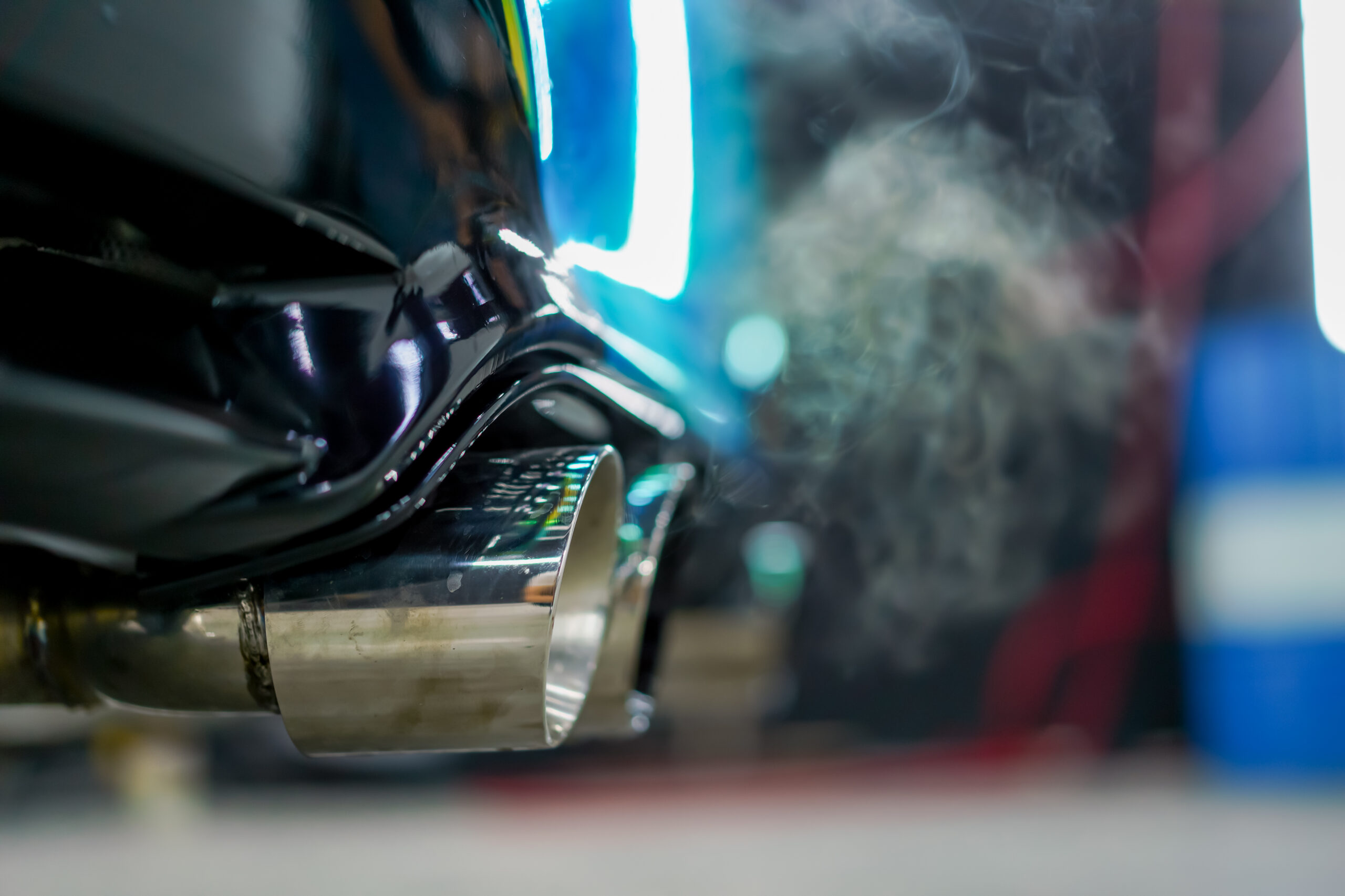When comparing rotor engines to piston engines, one of the key questions often asked is whether rotor engines, commonly referred to as rotary or Wankel engines, are louder than traditional piston engines. This comparison is frequently made in the context of performance, engineering design, and the overall driving experience. In this article, we will dive into the factors that contribute to engine noise, the structural differences between rotor and piston engines, and why rotor engines may produce more noise in certain situations. By understanding these elements, you’ll gain better insight into the unique characteristics of rotor engines and how they compare to their piston counterparts in terms of noise.
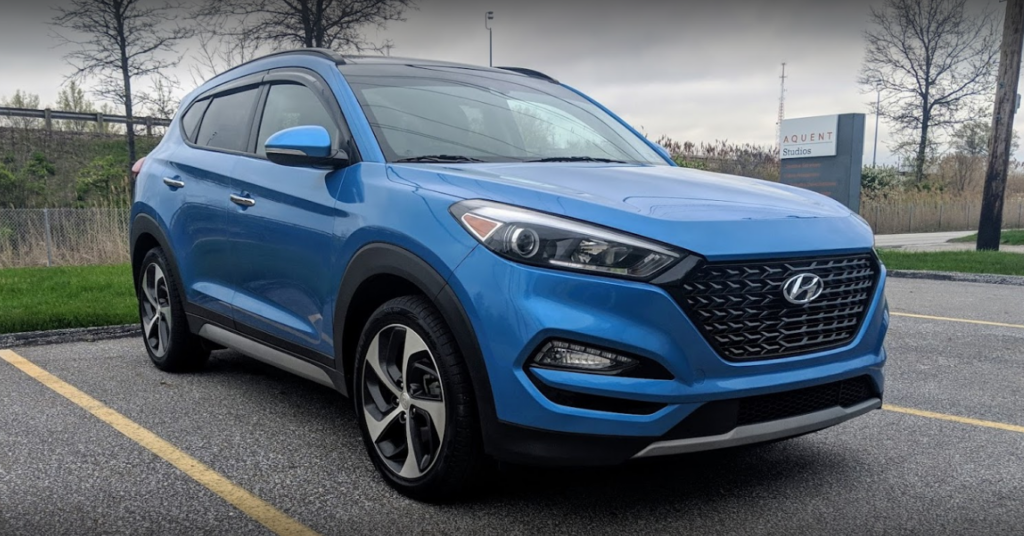
Understanding Engine Noise
Engine noise is generated by a variety of factors, including combustion, mechanical motion, exhaust systems, and airflow. Both rotor and piston engines are internal combustion engines, meaning that they rely on the burning of fuel to generate power. However, the design of each engine type creates different patterns of combustion and mechanical movement, which ultimately leads to differences in noise output.
One of the primary contributors to engine noise is the combustion process itself. In a piston engine, fuel and air are mixed and ignited in cylinders, creating small explosions that push the pistons up and down. In a rotor engine, the combustion occurs in chambers as the rotor rotates, creating continuous motion rather than the up-and-down piston movement. This fundamental difference in how the engine operates plays a role in the type and amount of noise produced.
Other factors influencing engine noise include the exhaust system and the design of the intake and exhaust ports, both of which allow gases to enter and exit the engine. How these components are designed and tuned can dramatically affect the level of noise an engine makes, regardless of whether it’s a rotor or piston engine.
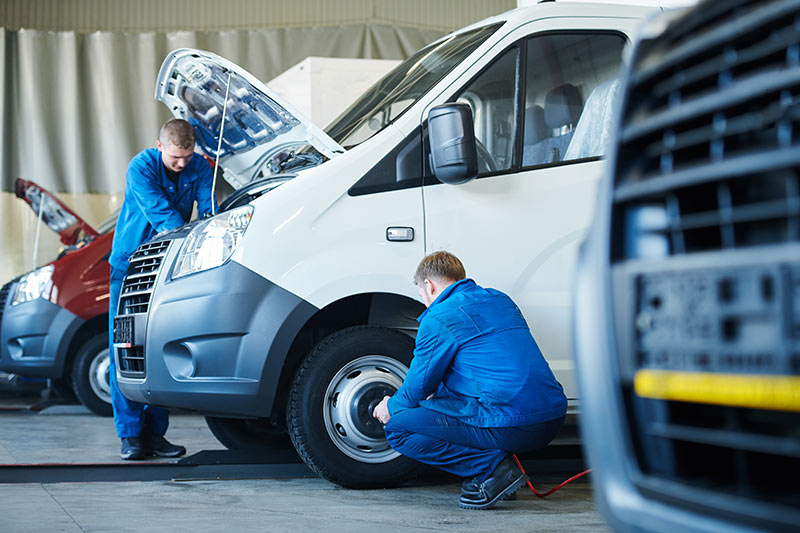
Rotor Engines: How They Work
Rotor engines, specifically Wankel engines, are distinct in their design compared to traditional piston engines. Instead of using pistons to convert the energy of combustion into rotational motion, rotor engines use a triangular rotor that spins within an oval-shaped chamber. As the rotor rotates, it creates three distinct phases: intake, compression, and combustion. This continuous rotary motion allows for a compact and lightweight engine design.
Because rotor engines generate power in a different way, they tend to have a smoother power delivery compared to the reciprocating action of piston engines. However, this smooth operation can sometimes mask the noise generated by the internal components, including the rotary motion itself and the high-revving nature of these engines.
Rotor engines often operate at higher RPMs (revolutions per minute) than piston engines, which can result in increased noise levels. Higher RPMs mean that the engine is working faster, leading to a louder exhaust note, especially at full throttle. This characteristic is one reason why rotor engines are sometimes perceived as louder, particularly when driven aggressively.
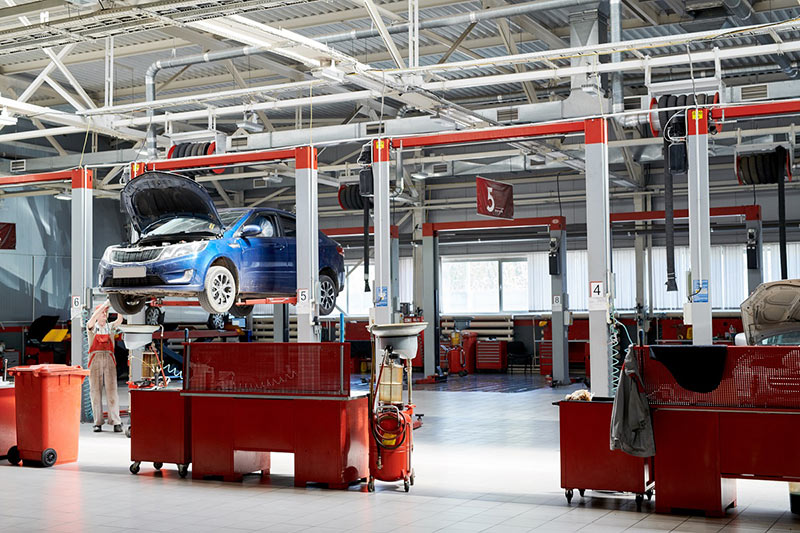
Piston Engines: How They Differ
Piston engines, also known as reciprocating engines, rely on the up-and-down motion of pistons within cylinders to generate power. The combustion of fuel and air within each cylinder forces the pistons to move, which in turn drives the crankshaft and powers the vehicle. Piston engines can vary greatly in terms of size, cylinder count, and configuration, from four-cylinder economy cars to powerful V8 engines.
The reciprocating motion of the pistons introduces a different kind of mechanical noise compared to rotor engines. The movement of the pistons, valves, and connecting rods all contribute to the sound of the engine, and this can be especially noticeable in engines with larger displacement or more cylinders. However, piston engines tend to operate at lower RPMs than rotor engines, which can result in a quieter overall noise profile at lower speeds.
Additionally, piston engines often have more sophisticated exhaust systems, which are designed to reduce noise levels by absorbing and muffling the sound of combustion. This means that while piston engines can be loud under certain conditions, especially in high-performance or modified vehicles, they are generally quieter in everyday driving compared to rotor engines.

Why Rotor Engines Are Often Louder
Rotor engines are known for being louder than piston engines for several reasons. One of the most significant factors is their high-revving nature. Rotor engines are designed to operate at much higher RPMs than piston engines, and this increased speed generates more noise from the exhaust system and the engine itself. When a rotor engine is pushed to its limits, the sound becomes more pronounced, often described as a high-pitched whine or buzz compared to the lower growl of a piston engine.
Another reason rotor engines tend to be louder is their exhaust port design. Rotary engines use large exhaust ports to expel combustion gases, and this design results in a louder, more direct exhaust note. Additionally, rotor engines often have less sophisticated muffling systems compared to piston engines, allowing more of the raw engine noise to escape into the atmosphere.
Modifications to rotor engines, such as the addition of aftermarket exhaust systems, can further amplify the noise. Enthusiasts of rotor engines, particularly in sports cars like the Mazda RX-7 and RX-8, often embrace the loud, distinctive sound of their engines as part of the driving experience. However, this can also contribute to the perception that rotor engines are inherently noisier than piston engines.

Noise Control and Tuning
While rotor engines are often louder by design, there are ways to control and reduce the noise they produce. One of the most effective methods is through the use of a well-designed exhaust system. High-performance exhausts with resonators and mufflers can help to dampen the sound of the engine, making it more tolerable for everyday driving. Additionally, intake modifications can be made to reduce the noise produced by air entering the engine.
For piston engines, noise control is typically easier due to the widespread availability of noise-reducing technologies such as variable valve timing, advanced engine mounts, and noise-canceling exhaust systems. Many modern piston engines are designed with noise reduction in mind, making them quieter than older models or high-performance engines.
In both cases, tuning the engine and exhaust system for noise control is possible, but the level of noise is often a trade-off for performance. Some drivers prefer the louder, more aggressive sound of a rotor engine, while others may opt for quieter, more refined piston engines.
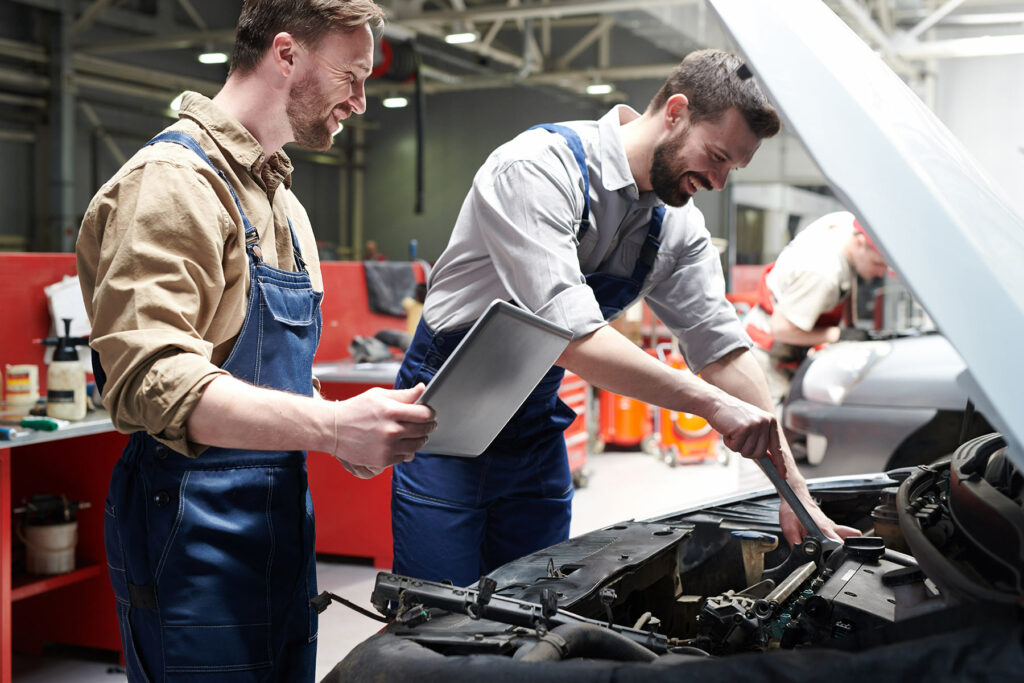
Conclusion: Rotor vs. Piston Engines in Noise Levels
In summary, rotor engines are generally louder than piston engines due to their high-revving nature, exhaust design, and the overall characteristics of rotary motion. The continuous combustion process in rotor engines, combined with the high RPMs and large exhaust ports, results in a distinctive and often louder sound compared to the more measured noise of piston engines.
However, it’s essential to note that the perceived noise level can vary depending on the specific engine, vehicle, and exhaust system in question. While rotor engines are known for their loud and aggressive sound, modern piston engines can also produce significant noise, especially in high-performance applications. Ultimately, whether a rotor engine is louder than a piston engine will depend on the specific setup, modifications, and tuning involved.
For those who enjoy the unique driving experience that a rotor engine offers, the louder noise is often seen as a benefit rather than a drawback. On the other hand, those seeking a quieter, more refined engine may prefer the traditional piston engine design. Either way, understanding the differences between these two engine types can help drivers make informed decisions about the kind of vehicle and driving experience they want.

